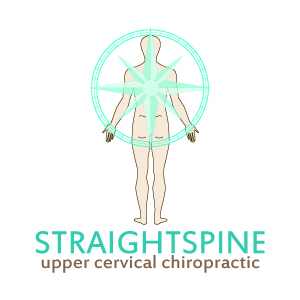Gardening Tips To Protect Your Spine, Volume II
Photo by Allef Vinicius on Unsplash
It's that beautiful time of year again! The sun is shining, the weather is beginning to warm up, and plants need to be looked after so the garden can look nice all summer. We've already had some patients in to see us because of an increase in garden work, so I thought it would be a good time to remind everyone how to look after themselves while looking after the flowers.
Warm up!
Photo by Arek Adeoye on Unsplash
Don't get out first thing in the morning and start moving heavy bags of dirt and mulch around. A simple warm up of marching in place or a brief walk, hip circles, lunges, and wrist circles should do the trick and get the blood flowing. Also, start your work with some easier tasks to ease in before starting the heavier jobs. Even better if you can break up some of the heavier lifting into smaller weights or tasks. And don't hesitate to get someone to help you if you can.
Lifting mechanics
Brace yourself! But seriously, when you go to lift or move something heavy, you need to stabilize your core. The easiest way to do this is to push your midsection out in all directions as if you were about to get hit in the stomach. You also want to brace yourself in a neutral position. So before you lift, stand up tall to brace, then bend or squat down. It's ok to bend forward from the hip to lift something once you're able to brace your torso correctly. Many people mistakenly think that leaning your torso forward damages your back, what actually causes a problem is lumbar flexion under load. This is when you start with a straight back, and end up rounding throughout the lift. If you keep your back stable and use your glutes and hamstrings to complete the lift, everything should be just fine. Another thing to watch out for is twisting motions with your back. Bending and twisting to lift is one of the easiest ways to injure a lumbar disc, so do your best to position your body properly so you can just move forward or back, up or down.
Use the right tool for the job
If possible, use tools that can be used standing up instead of being crouched down to the ground all day. For example, using a long weed puller that you can press into the ground with your foot instead of a short one. If that isn't an option for the task, sit on a small stool or use kneeling pads to help save your back and knees.
Vary your tasks and take breaks
Avoid doing a single task for too long at a time. Instead, rotate through 2 or 3 tasks until you get them done. This way you'll avoid doing the same movement over and over, fatiguing a specific muscle or joint. Also, try to spread out your hardest work over a few days. And don't stay in any one position for too long. For example if you're doing something low to the ground, take some pauses to stand up and stretch. Your body will thank you for it.
We're here if you need us!
Photo by Karl Fredrickson on Unsplash
As always, a straight spine is a healthy spine! Hopefully you can follow these tips and stay out of trouble, but if you're already misaligned you'll be more likely to run into some issues. If you're putting in some extra work in the garden, be sure to get scheduled for a spinal check up. That way we can catch a spinal misalignment before pain starts to develop. And if it's too late for that and you've already hurting, we can help you heal up so you can get back in the garden!




